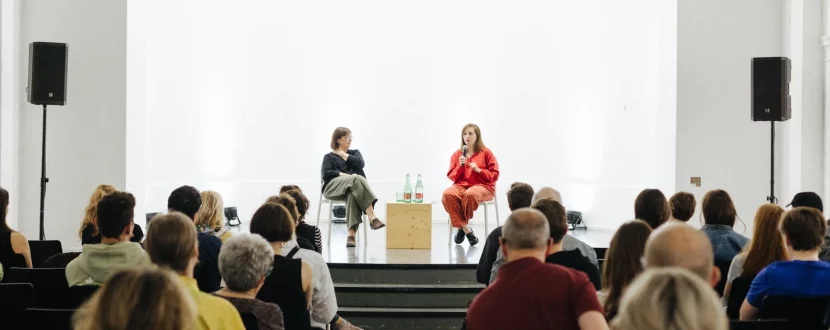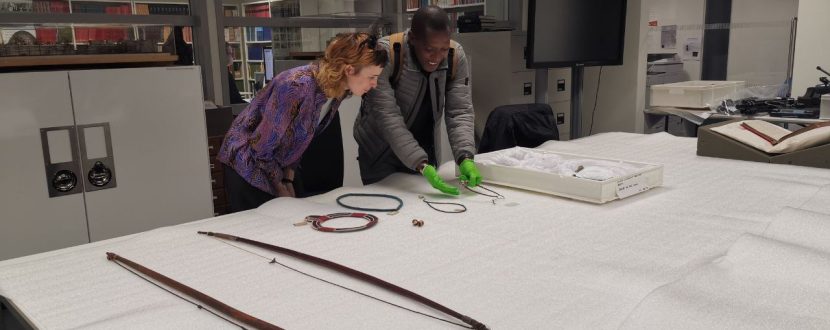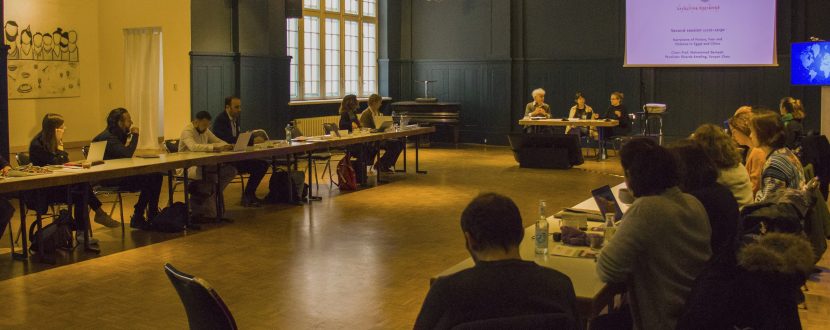In contemporary societies, parenting is increasingly mediated by digital technologies. From WhatsApp school groups to Instagram accounts offering advice and products, digital platforms have become central to how care is organized, emotions are expressed, and norms are negotiated. But what happens when these platforms, designed to connect, also become spaces of surveillance, comparison, and affective … weiterlesen
Affective Infrastructures of Digital Parenting: Between Surveillance, Belonging, and Burnout










 ältere Posts
ältere Posts